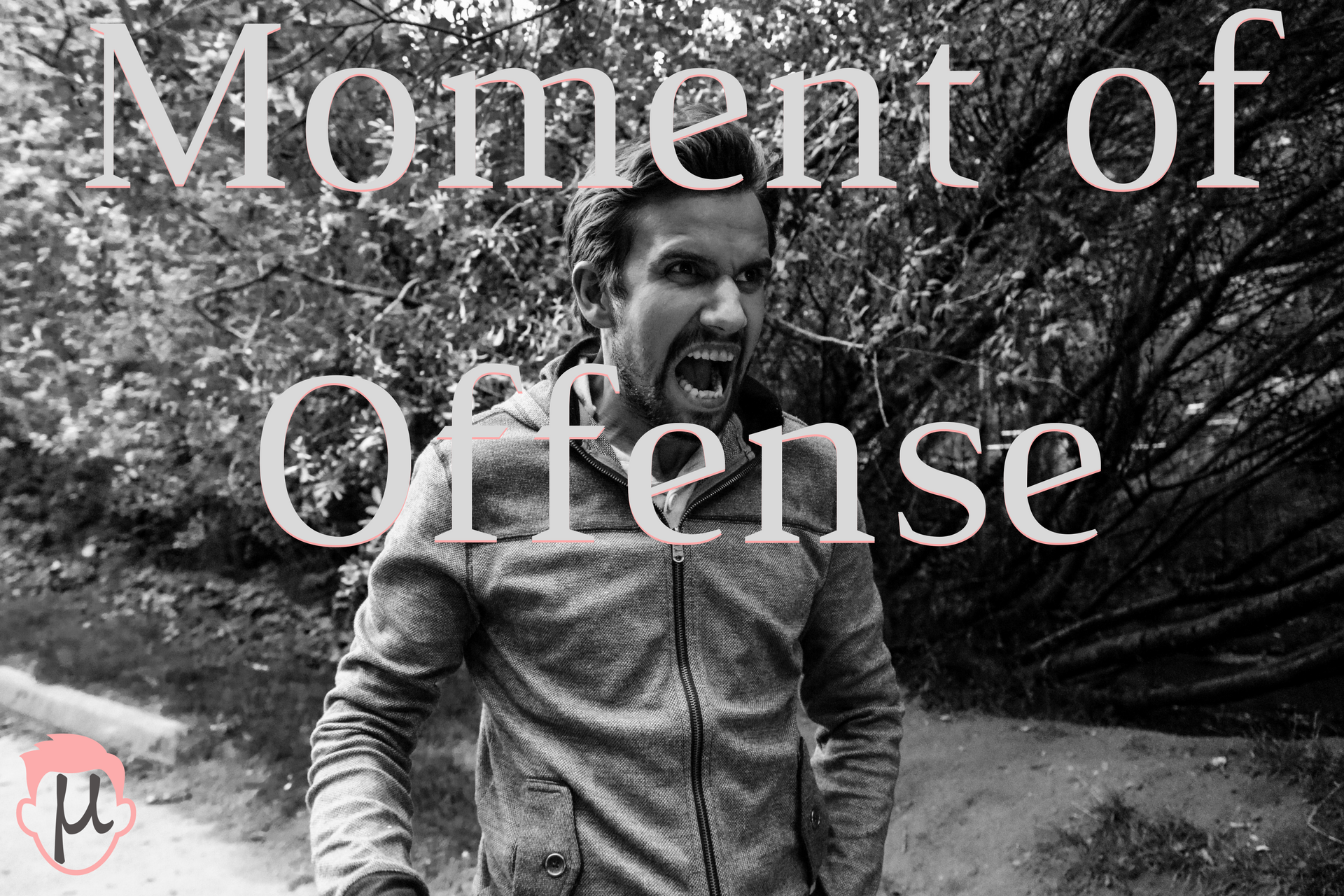Being Baby Bear
Growing up I heard the story of Little Red Riding Hood. The story, as I remember it, is about this girl who stumbled upon a bear’s den, sampled their porridge, ate her favorite, and fell asleep in the most comfortable bed. The bears came home and were displeased with the eaten porridge and then punished the girl.
Obviously, the mom and dad bears were the judge, jury, and executors concerning her punishment. And Baby Bear was the innocent bystander watching the goings on.
Baby Bear did not have a say in the situation. As a matter of fact, he probably went to his Baby Bear bedroom, played with his bear legos, read a bear book, and maybe daydreamed about living in a bear’s galaxy far far away.
Baby Bear, had nothing to do with the situation besides having potentially shared some of his cold porridge with his mom who was woefully without porridge due to Red Riding Hood’s selfish porridge eating ways.
I realized I identify with Baby Bear. You might say he has been my spirit animal. However, the issue with being Baby Bear is that he has no active part, takes no active part, and does not participate in the story. It is time for me to take part, participate, and engage the story.
What is your role in the story? Which character do you identify with? What are the pros and cons of that character? What can you do to better engage your story?
Love the post? Please share it on Facebook or support me on Patreon












